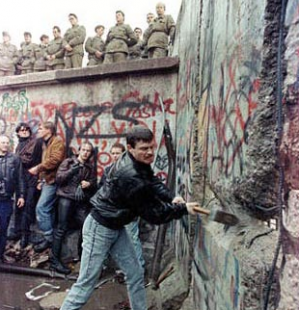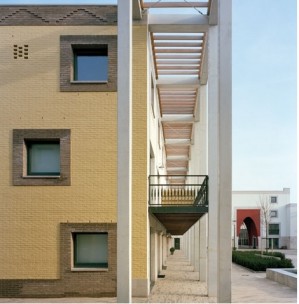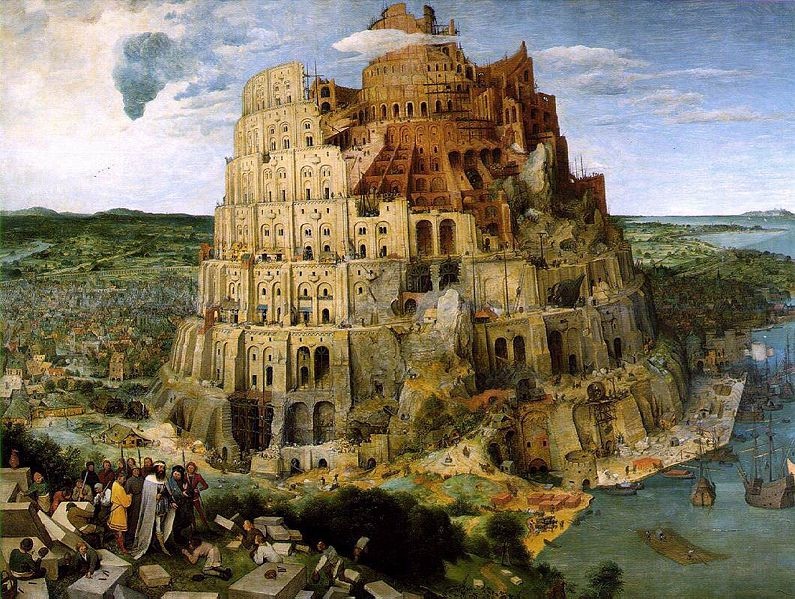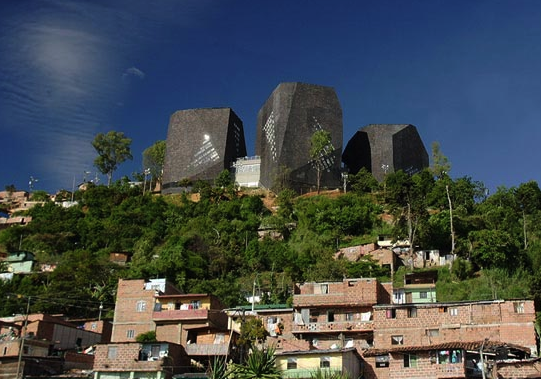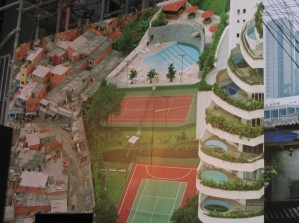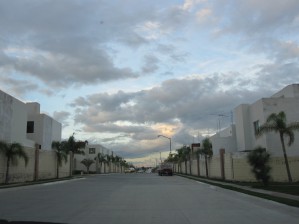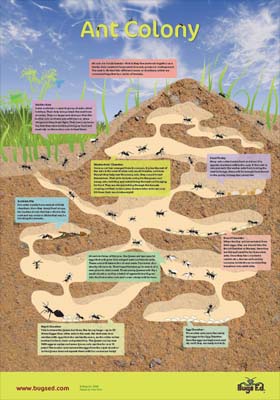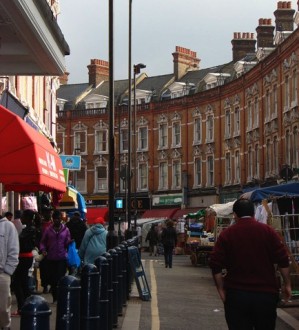-
Open Cities 11 Open-Closed-Divided-Stitched Up
All the posts under ‘Open Cities’ have been written for the British Council Open Cities project and published on its website. http://opencities.britishcouncil.org/web/index.php?home_en The reason why they are reproduced on the Urban Thinker website is that there is not enough space for all the illustrations which go with the posts on the British Council Open Cities […]
-
Open Cities 8 Opening Across
Open Cities 8 Opening Across Open cities means more than harmony or cohabitation between ethnic minorities and native majorities. If the public realm provides a conducive physical setting for encounters they can take myriads of forms and reasons. Common ground can bring people together in the public realm across diverse groups, different cultures, ages, lifestyles, […]
-
Open Cities 5 About intercultural coexistence
Open Cities 5 About intercultural coexistence OpenCities Spot Check Among the OpenCities partners Dublin is holding a festival of world cultures and Bukarest is providing more equal opportunities for its Roma population. Madrid has celebrated World Day for Cultural Diversity and Dialogue and Development, supports its multicultural character and is fostering its social and intercultural […]
-
Open Cities 2 Built Environment Perspective
Relentless growth of cities More than half the world’s population is living in cities at present. This is expected to increase to three quarters before this century comes to a close. In this process cities are attracting people from all walks of life. How migration affects cities and their existing population is of prime importance, […]
-
Open Cities 10 Opening up Medellin
Open Cities 10 Opening up Medellin What has transformed the crime capital of the world into a place of hope and expectation? Until recently, Medellin, the second city of Colombia in Latin America was the antithesis of an open city. No go areas and gun homocides were the highest in the world. Curbing crime It […]
-
Open Cities 7 Less Visible Minorities
Open Cities 7 Less Visible Minorities The initial objectives of the Open Cities network was threefold. It aimed at a workable definition of ‘openness’ for cities, based on economic, regulatory, cultural, amenity, connectivity, accessibility, risk, internationalisation and leadership factors to examine how cities can shape their policies to attract and retain international populations, the assumption […]
-
Open Cities 4 Openness and Closure
Open Cities 4 Openness and Closure Welcome to open cities Bright sunshine, holiday time. Many of us plan to take off somewhere to the beach, the mountains, the countryside. Yet, many city dwellers choose to visit other cities. They enjoy to displace themselves for a short while, physically and mentally, to experience another place, immerse […]
-
Open Cities 1 Setting the Scene
Open Cities 1 Setting the Scene Why open cities? The aim of the Open Cities project initiated by the British Council in Madrid is to create and sustain open cities.http://opencities.britishcouncil.org/web/index.php?home_enIn 2008, the first Open Cities conference held by the British Council in Madrid identified the characteristics of open cities. Subsequently the eight participant cities bid […]
-
Open Cities 9 Openness Latin American Style
Open Cities 9 Openness Latin American Style ‘A City of One’s Own’ (blurring the boundaries between private and public. 2009. Sophie Body-Gendrot, Jacques Carre, Romain Garbaye, editors. Ashgate) is a fascinating collection of historical papers, defying the idea that all our ills are of our time. It addresses the notion of openness from various points […]
-
Open Cities 6 About Ants
Open Cities 6 About Ants Have no fear, this is not a digression into literal anthropomorphism. We all know its pitfalls. Nevertheless, if analogies are examined at the more abstract level of eco-systems of cohabitation, recent discussions on ant behaviour and how their parasitic but mutually beneficial relations with other species depend on milieu may […]
-
Open Cities 3 The Case of London
Open Cities 3 The Case of London Openness or diversity? London is by far the largest city of the European Union and arguably the most diverse in terms of its population, economy and cultural characteristics. How does London fare with openness though? A diverse city does not necessarily mean an open city The Open Cities […]

